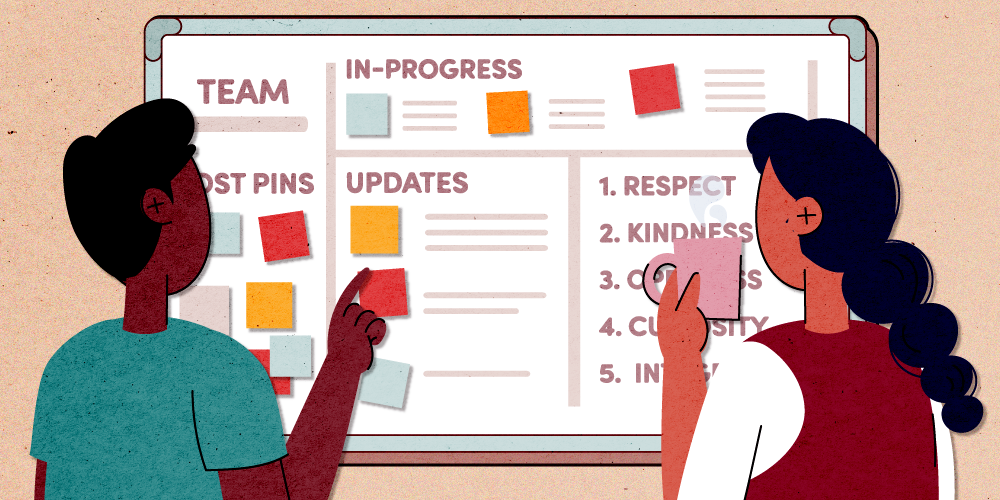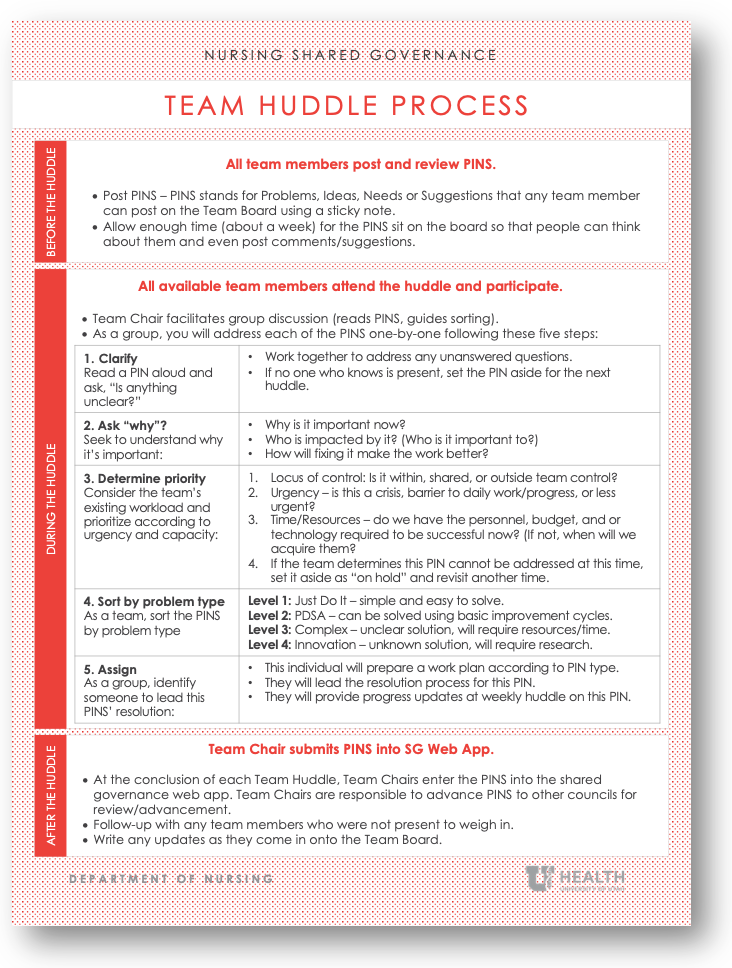July 2023, the University of Utah Health Department of Nursing began implementing system-wide Nursing Shared Governance. They’ve developed supporting structures—a model, bylaws, and a web application to streamline communication flow throughout different councils. However, shared decision-making structures aren’t limited to nursing teams—they can be valuable for any interprofessional team in healthcare.
Learn More About UUH Nursing Shared Governance
Shared Governance: A Foundation for a Culture of Nursing Excellence
The following steps and resources have been developed by the University of Utah Health Department of Nursing to support our own Nursing Shared Governance program. If you think your team or area could benefit from shared governance, here are a few tips and guides that helped us get started. With a little adaptation, we’re hoping they can help you too.
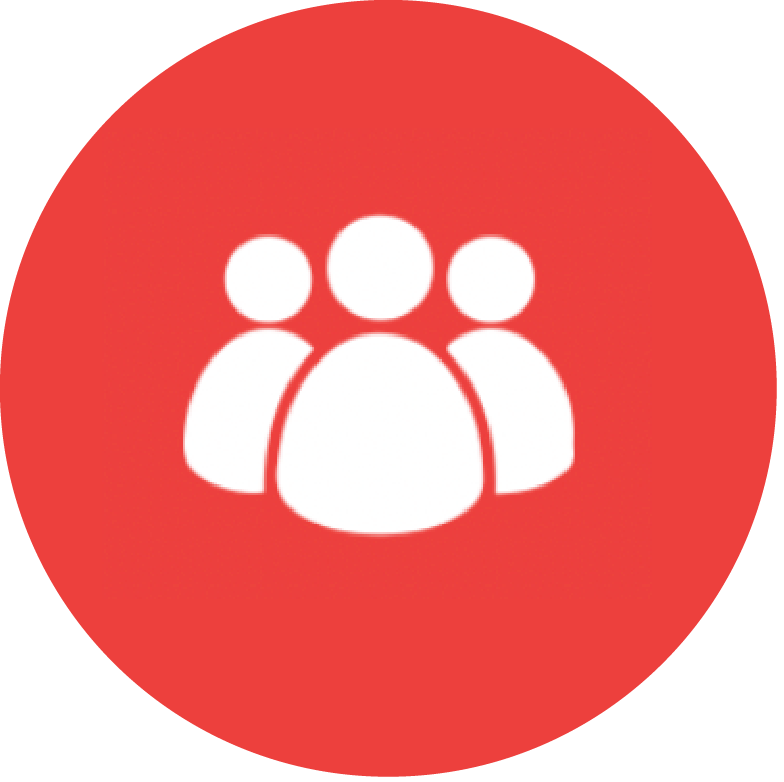 Your team is comprised of the people you work with every day.
Your team is comprised of the people you work with every day.
In nursing, we have more than 125 unit-, clinic-, and department-level teams called Team Councils that are led by Team Chairs—individuals who facilitate local shared governance work. It’s up to you (and the team members in your area) to decide on an optimal team size. If your group is smaller and you are having trouble finding staff with the interest and/or ability to serve as a chairperson (facilitator), you can consider combining teams within your areas.
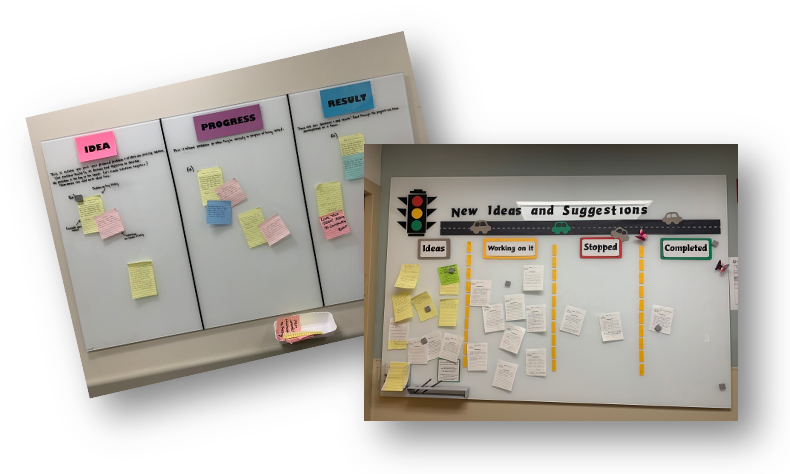 A white-board or poster paper will do the trick.
A white-board or poster paper will do the trick.
This can be a white-board or other shared visible space for posting shared governance updates and conducting huddles.
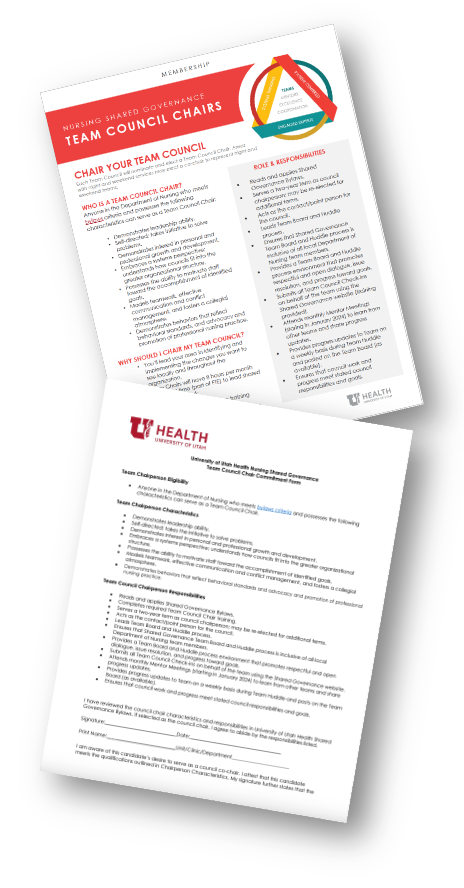 You will need one individual to guide the group.
You will need one individual to guide the group.
Each of our Team Councils nominate and elect a Team Council Chair—you may follow any nomination and election process that works best for your team. Your team may elect a co-chair to ensure representation for night and weekend teams, or diverse disciplines within your team. Team Chairs should not be team members in formal leadership roles.
The Team Council Chair will work with the team to build a Team Board (Kanban or idea board), where team members post problems, ideas, needs, and suggestions (PINS) on sticky notes, and meet weekly to huddle and discuss PINS as a team. Team Chairs manage and advance team-identified PINS and act as an overall shared governance resource. In the Department of Nursing, Team Chairs have up to 8 hours per month off-unit time to conduct work associated with Nursing Shared Governance.
Here are some forms we created to support our teams (feel free to adapt):
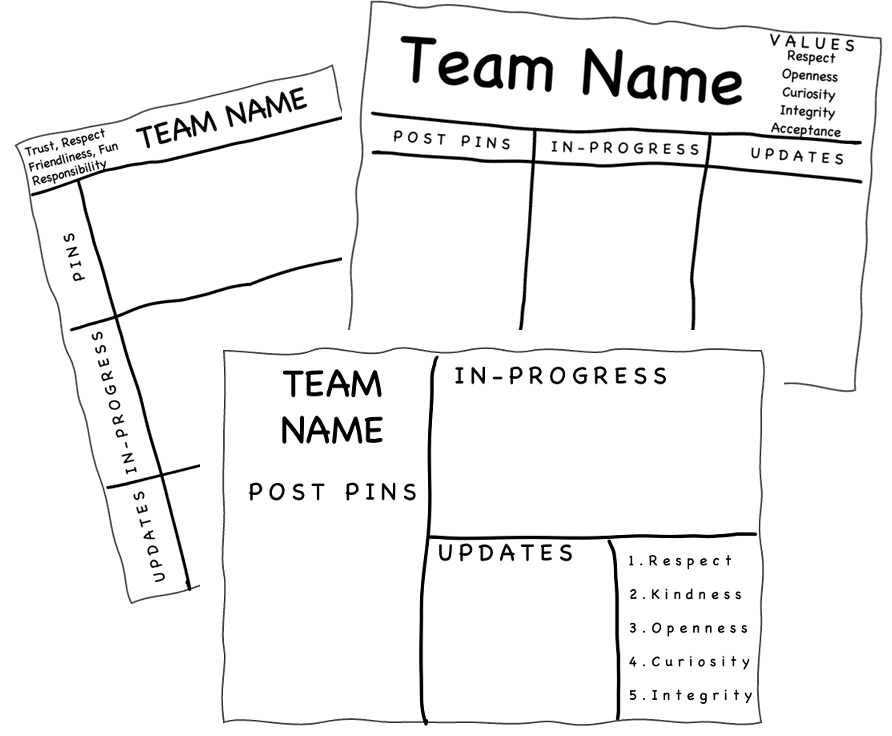 A Team Board is a visual management tool sometimes called a Kanban or idea board that is intended to support local team participation in shared governance. Team Boards can be physical boards in a designated shared governance space within your area, or a virtual board using tools like MS Whiteboard or LucidSpark. Teams will use physical or virtual sticky notes to post PINS on the board at any given time.
A Team Board is a visual management tool sometimes called a Kanban or idea board that is intended to support local team participation in shared governance. Team Boards can be physical boards in a designated shared governance space within your area, or a virtual board using tools like MS Whiteboard or LucidSpark. Teams will use physical or virtual sticky notes to post PINS on the board at any given time.
Here are some resources we created to support our teams (feel free to adapt):
Shared governance may not look or feel perfect on day one. It’s important to remember that you are learning with your team, and it’s best to collectively identify what works and what doesn’t and adapt to the needs of your team along the way.
Questions about implementing shared governance in your area? Email asknursing@hsc.utah.edu and we can share our experiences with you!
Mary-Jean (Gigi) Austria
Bridgette Maitre
The Shared Governance Support Team has developed a list of resources for new shared governance leaders to equip them to lead and guide team members in engaging in shared decision-making at the local level.
As teams across the UUHC Department of Nursing work to implement shared governance in their areas, we’re learning about team experiences and the impact shared governance has had so far. This month, Brenda Baker from Radiation Oncology shares how her team leveraged shared governance to break down workflow barriers.
As teams across the UUHC Department of Nursing work to implement shared governance in their areas, we’re talking with Team Chairs about their teams’ experiences and the impact shared governance has had so far. This month we sat down with Nursing Professional Development Practitioner, Jia Liu, to learn about Clinical Staff Education’s journey and processes.
